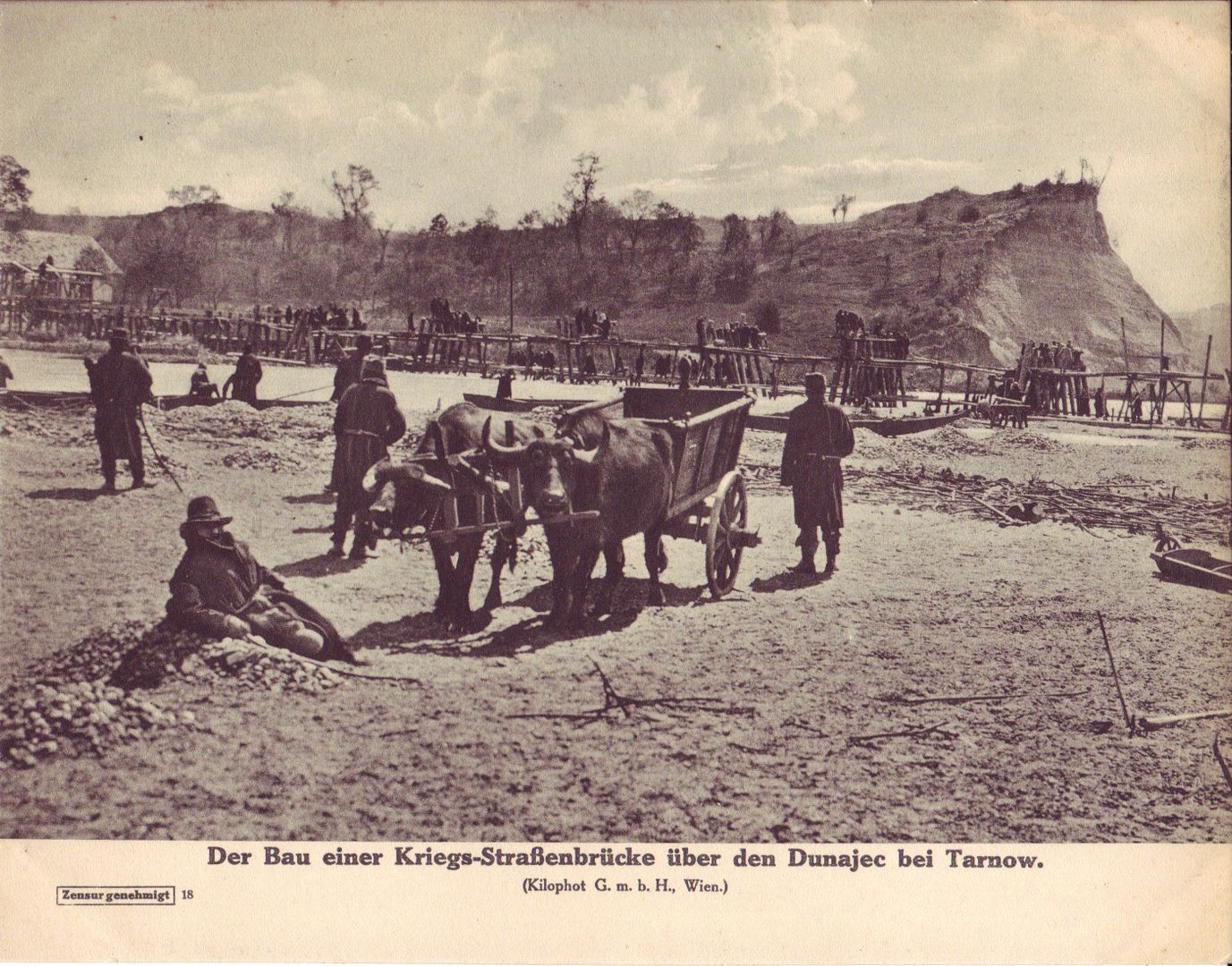Zgłobice
6.41

Overview
Zgłobice is a village located in the Lesser Poland Voivodeship, in Tarnów County, on the right bank of the Dunajec River. The history of the locality dates back to prehistoric times, when a hillfort from the Bronze Age and early Middle Ages existed on the hill, which was entered into the register of monuments in 1970. In the Middle Ages, Zgłobice was a significant noble center, as evidenced by many families who owned estates in the area, such as "de Slobicze" or "de Zglobicz." During the 15th and 16th centuries, the village transformed into a noble one, and the estate was fragmented among many owners. In the 18th and 19th centuries, an important aspect of local life was the regulation of the Dunajec riverbed and the development of infrastructure, including the construction of a bridge over the river. In the 19th century, the village belonged to various families, and it was during this time that a brick manor house was built, expanded by the Bukowski and Turnau families, which is now part of the manor-park complex entered into the register of monuments in 1974. The manor, built in the Classicist style, is surrounded by a 4-hectare park with a driveway, constituting a significant architectural feature of Zgłobice. In the interwar period, the Volunteer Fire Department operated in Zgłobice, and after World War II, the village came under state treasury management, resulting in the division of the estate properties. Modern Zgłobice is a place where, after a long series of ownership changes in recent years, it has regained vitality thanks to developing cultural and tourist initiatives. Interestingly, during oil exploration in Zgłobice, rock salt was discovered, and the village also has connections with significant figures in the political and literary scenes, such as Helena Zborowska, Jan Dębski, and Adam Marszałkowicz. In 2021, Zgłobice had 3,040 inhabitants, confirming the importance of this village in the region.
Location
2026 Wizytor | All Rights Reserved